




 Official Transcript
Official Transcript  Several Essays
Several Essays  Writing Sample
Writing Sample  1 Recommendation
1 Recommendation  Online Application From
Online Application From 


Application is closed

"Imagining Better Futures"seminar from TASS Anti-Oppressive Studies allows students to explore how we get where we want to go and also to acknowledge how the legacies of racial injustice may continue to contour the possibilities before us. Students dive into future studies as well as into Afro-futurist science fiction, visual art etc., to create and curate museum from the future.
 Non-credit
Non-credit
 Residential
Residential
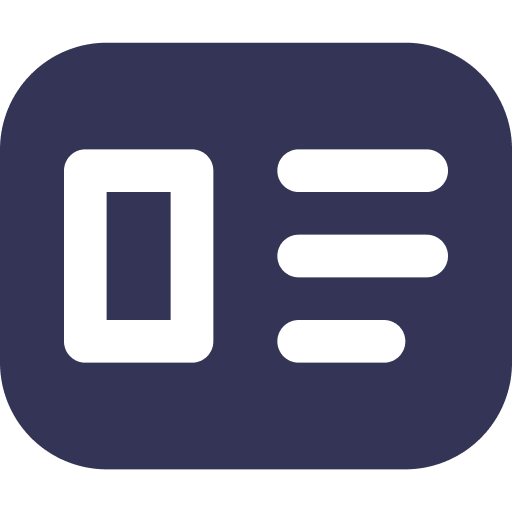 Accepts International Students
Accepts International Students
What is TASS-AOS?
This summer, high school sophomores and juniors (“rising juniors” and “rising seniors”) will participate in six-week educational programs on topics in the humanities and social sciences, geared towards exploring the ways in which white supremacy and other oppressive powers have shaped social structures.
Telluride works with faculty to create exciting courses designed to inspire young people to explore the histories, politics, literature, art, and other areas within the humanities and social sciences through anti-racist and anti-oppressive frameworks.
Imagining Better Futures
Seminar Description: This seminar invites students to imagine better futures. “There is,” Octavia Butler tells us, “nothing new under the sun. But there are new suns.” In light of Butler’s insight, this course searches for “new suns,” or the infinite possibilities for creating futures brighter than our pasts and presents.
The search for better futures, however, encounters a self-evident difficulty. Karl Marx writes that “social revolution…can draw its poetry only from the future, not from the past.” But how can we study (or, in Marx’s words, “draw poetry”) from the future, which, technically, does not yet exist?
In order to answer this question—and, ultimately, to hone our capacity to plan and dream the actions today that will make possible better tomorrows—this seminar introduces the dynamic field of futures studies. With its foundational interest in re-imagining better and more just futures, futures studies scholarship allows us to pose practically minded questions about how we get where we want to go.
The field of futures studies, however, has not paid enough attention to how the legacies and reverberations of racial injustice continue to contour the possibilities and impossibilities before us. And so we pair readings in futures studies with capacious reading of Afro-futurist science fiction, poetry, and visual art, Native-futurist short films, coding projects, comics, and readings from fields ranging from law to sociology to physics.
The seminar begins by taking an inventory of your personal images of possible futures. From here, we imagine preferable (and cataclysmic) futures alongside futurists and creatives such as Octavia Butler, Ted Chiang, N.K. Jemisin and Jamal Campbell, Joshua Whitehead, Skawennati, and Chanda Prescod-Weinstein. Our conversation culminates in the creation and curation of a museum from the future.
What do participants do?
If you participate in TASS-AOS, you will attend a three-hour college-level class each day, which will typically include discussions, small-group work, lectures by faculty, and other activities. You will be expected to read books and articles, view films and art, and participate in other class activities. You will also write essays during the summer, with help and feedback from the instructor team. Outside of class, you will participate in a public speaking program with your classmates and hear lectures from guest speakers visiting the TASS-AOS house. You and your classmates will also have a say in what the program does. You will work together democratically to create an inclusive environment, manage money, and make other important decisions.
Who teaches TASS-AOS?
Two faculty members teach each class. All of our faculty are enthusiastic about the program, and they often rank TASS as one of their most rewarding experiences as teachers. There will also be a teaching assistant for each class. They will lead writing workshops and provide additional help to students with critical reading and writing skills.
In addition to the instructor team, there will be two resident advisors assigned to each program. Many of these resident advisors attended TASS themselves and chose to return to give back and share this transformative experience with others. They live with the students, helping them create a tight-knit environment where students can explore the principles and practices of community living and democracy.
What will I get out of TASS-AOS?
At TASS-AOS, you will improve your reading, writing, speaking, and critical thinking skills as you explore your interests in and out of the classroom. In order to encourage students in their love of learning, the program does not assign grades. You will also learn about and explore topics and ideas within the humanities and social sciences through an anti-racist, anti-oppressive lens. Finally, you will gain experience with community living and democratic decision-making.
All current high school juniors (eleventh grade) are eligible to apply for the program. You do not need to be a United States citizen or attend a US high school to apply. If you do not attend an American high school, you should apply one or two years before you expect to graduate from high school. Similarly, if you are home-schooled, you should apply one or two years before your expected graduation.
You do not need any academic experience with the topic of your TASS program, and we do not expect you to have any.
 Official Transcript
Official Transcript
 Several Essays
Several Essays
 Writing Sample
Writing Sample
 1 Recommendation
1 Recommendation
 Online Application From
Online Application From
• Application form
• Essays
We do not consider test scores and high school grades important for the TASS application process. Instead, the most important part of the application for us is the essays. The TASS application essays give applicants a chance to show us their personalities and demonstrate their thoughtfulness, critical thinking, curiosity, and interest in social and political issues.
If you are selected for an interview:
• Transcript
• Letter of recommendation
• Additional essay you wrote for school
Deadline
Last year the applications were due on January 5th. Deadline for 2023 will be released in the fall.
 Jun 26 - Aug 06
Jun 26 - Aug 06
 6 weeks
6 weeks
TASS Is Completely Free!
We cover all of the program costs—tuition, books, room and board, and field trips—for every student. If you need, we can help pay for all or part of your travel costs to and from the program.
Financial Aid
We understand that you may normally spend time in the summer working at a job, taking care of family members, or supporting your family in other ways. If this is the situation for you, we can provide additional financial aid to help replace earnings from your summer job. Financial aid decisions are made separately from decisions about program admission, so needing financial aid won’t affect whether you are accepted to the program.



 Official Transcript
Official Transcript
 Several Essays
Several Essays
 Writing Sample
Writing Sample
 1 Recommendation
1 Recommendation
 Online Application From
Online Application From



Application is closed

Useful Resources
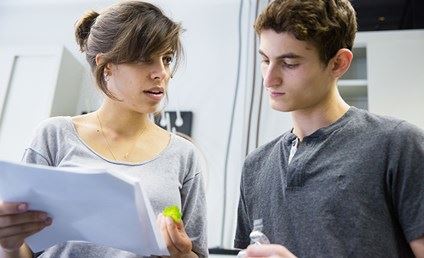





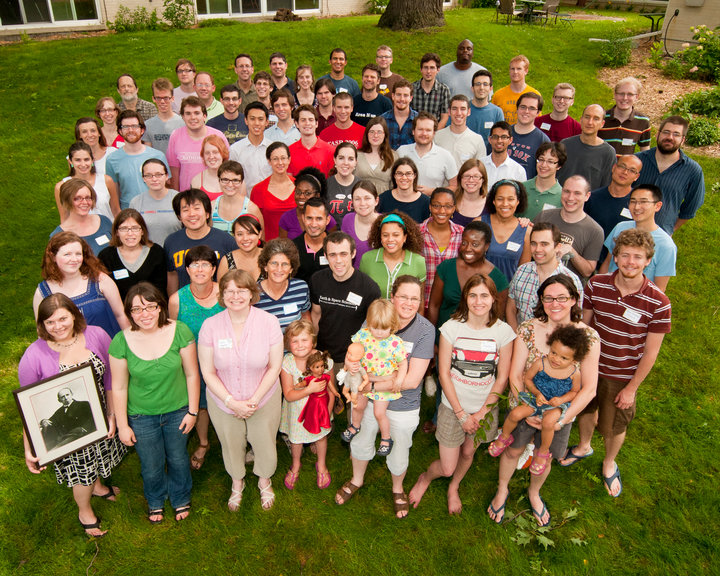
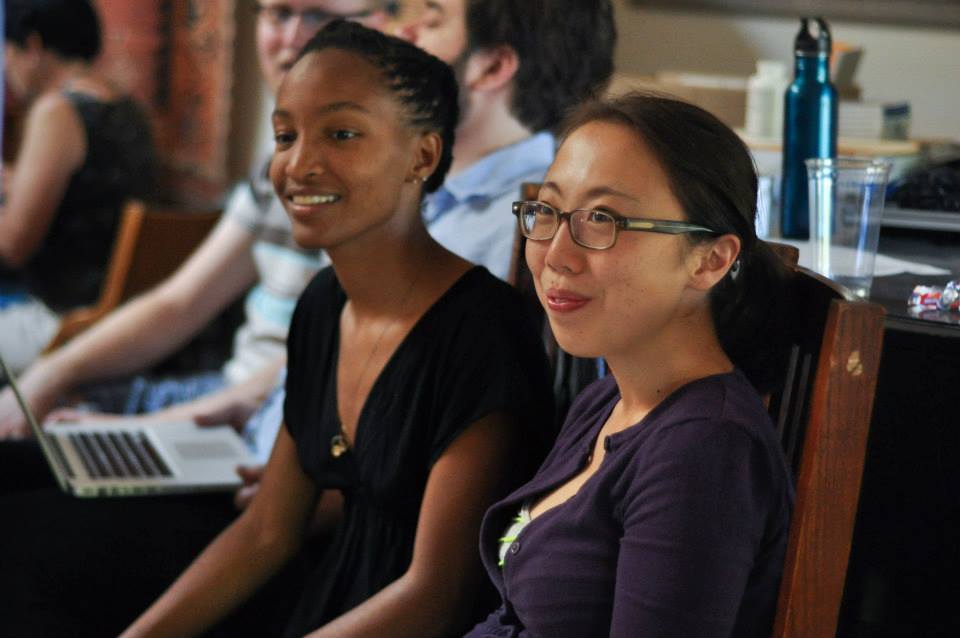
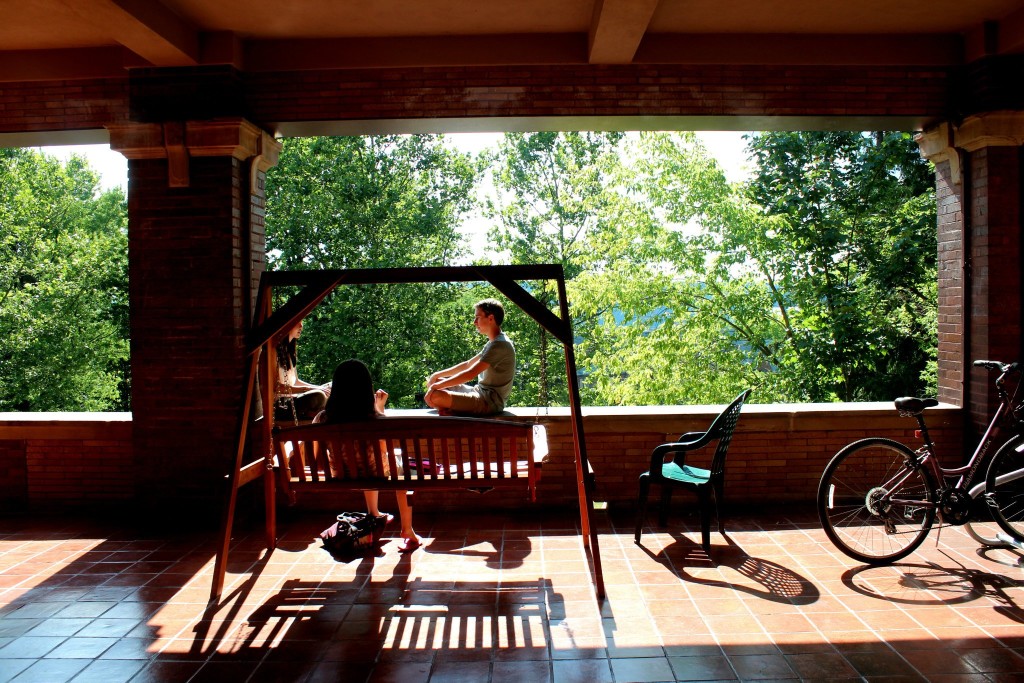
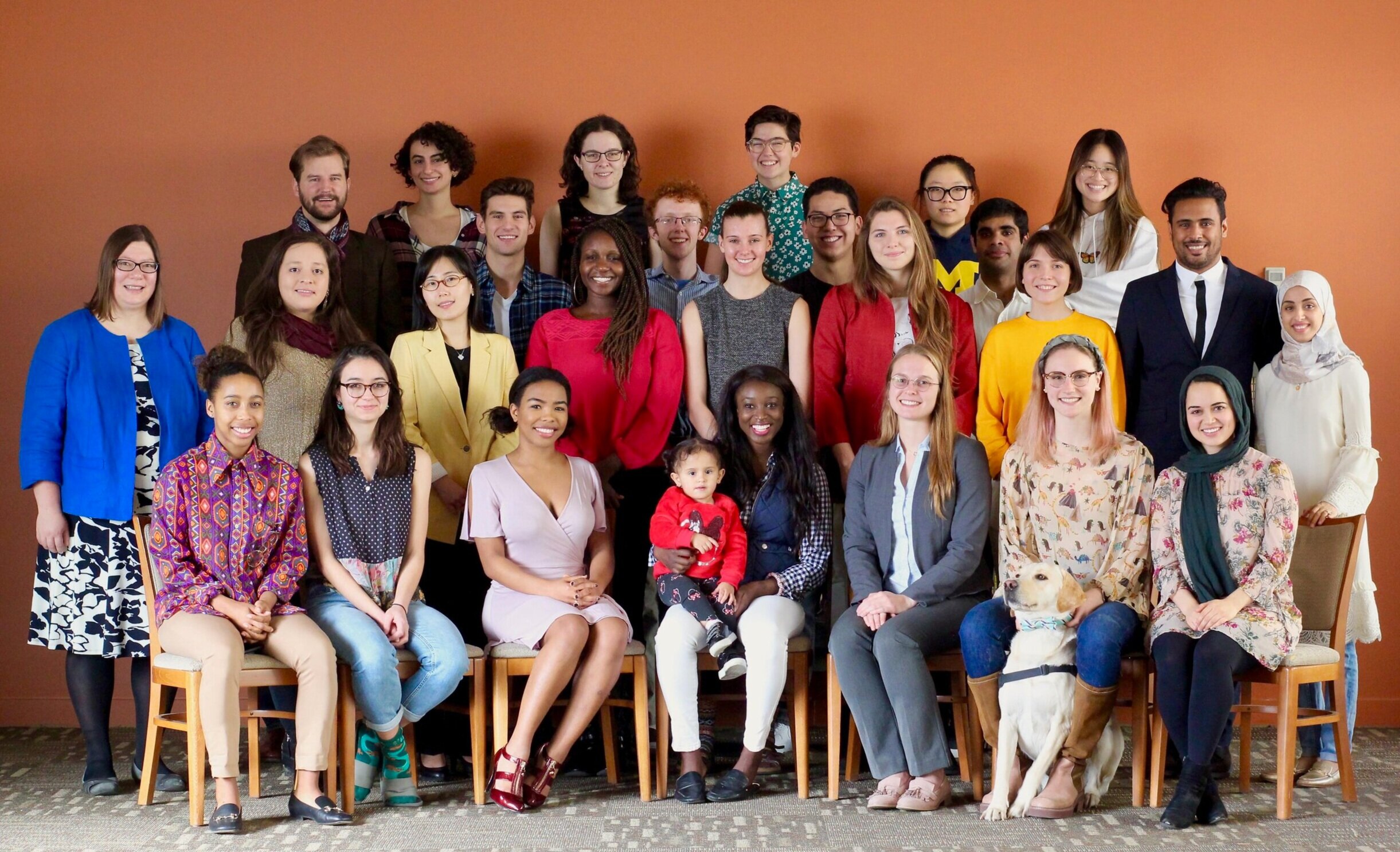
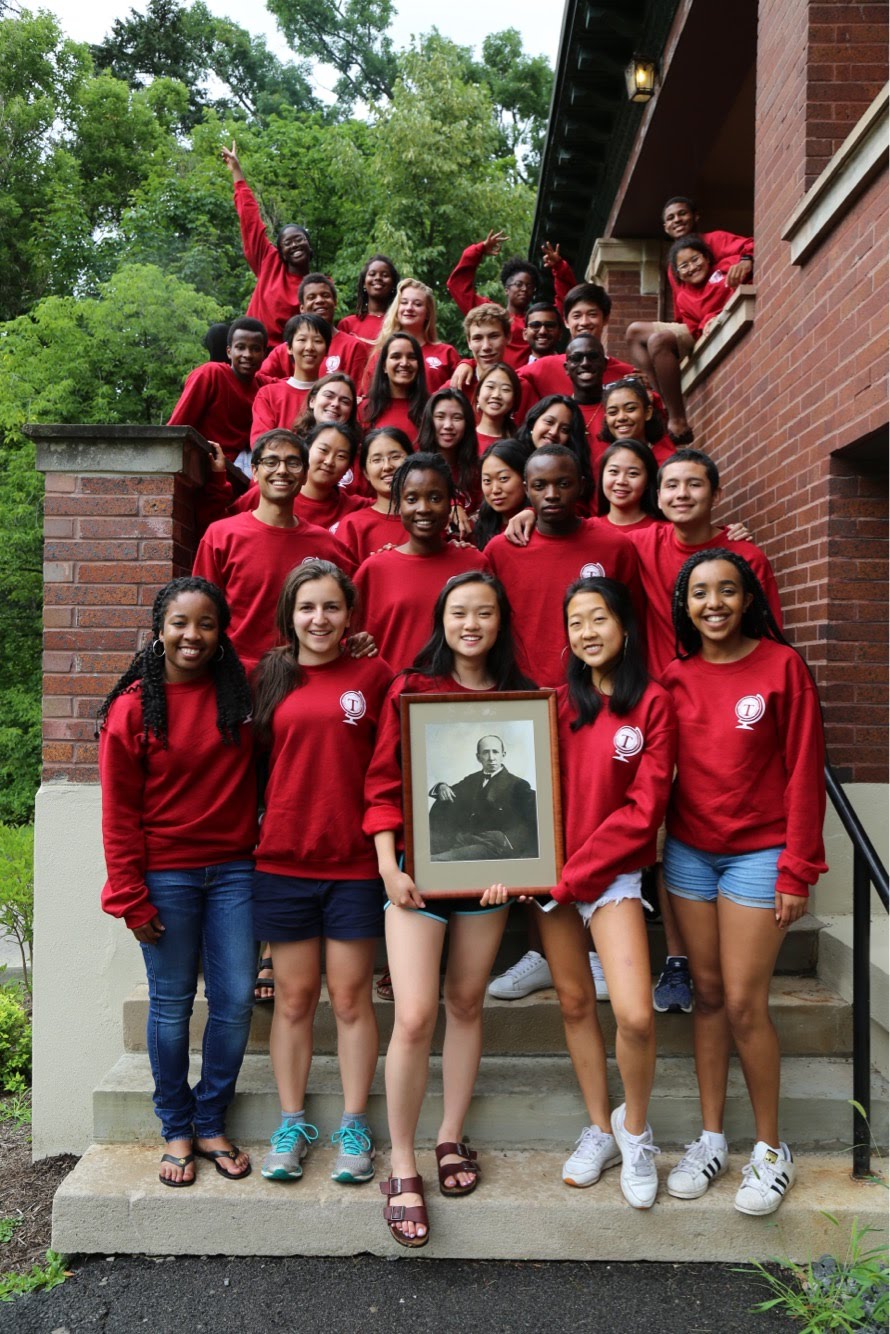
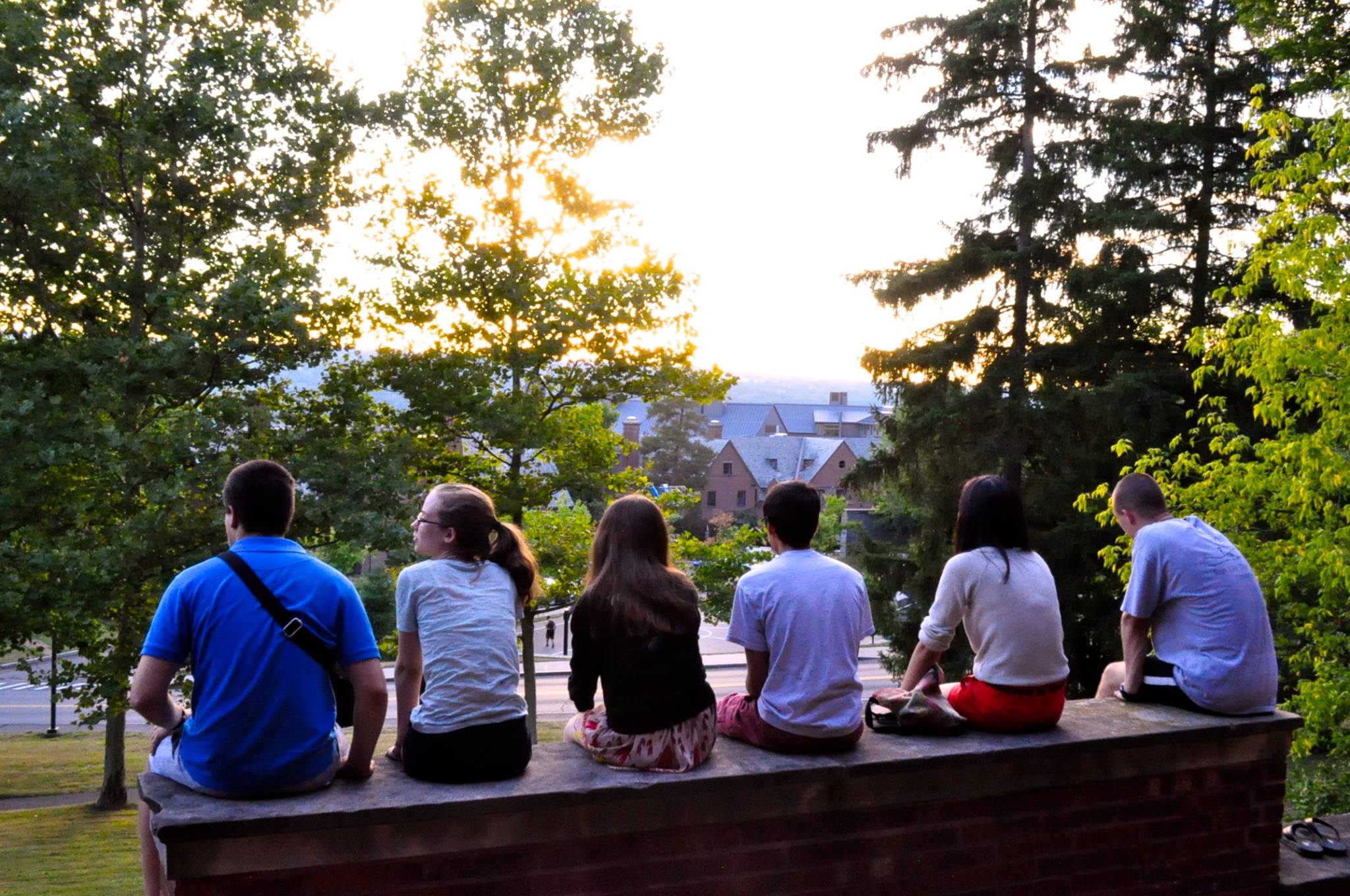




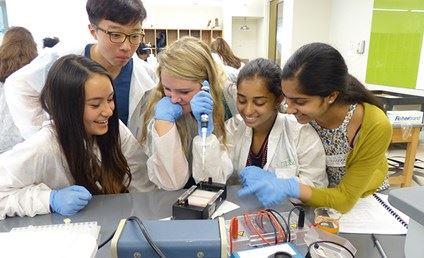
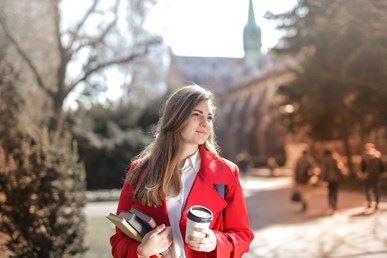
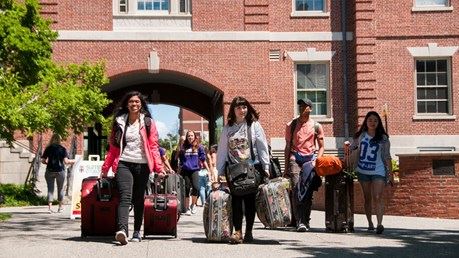
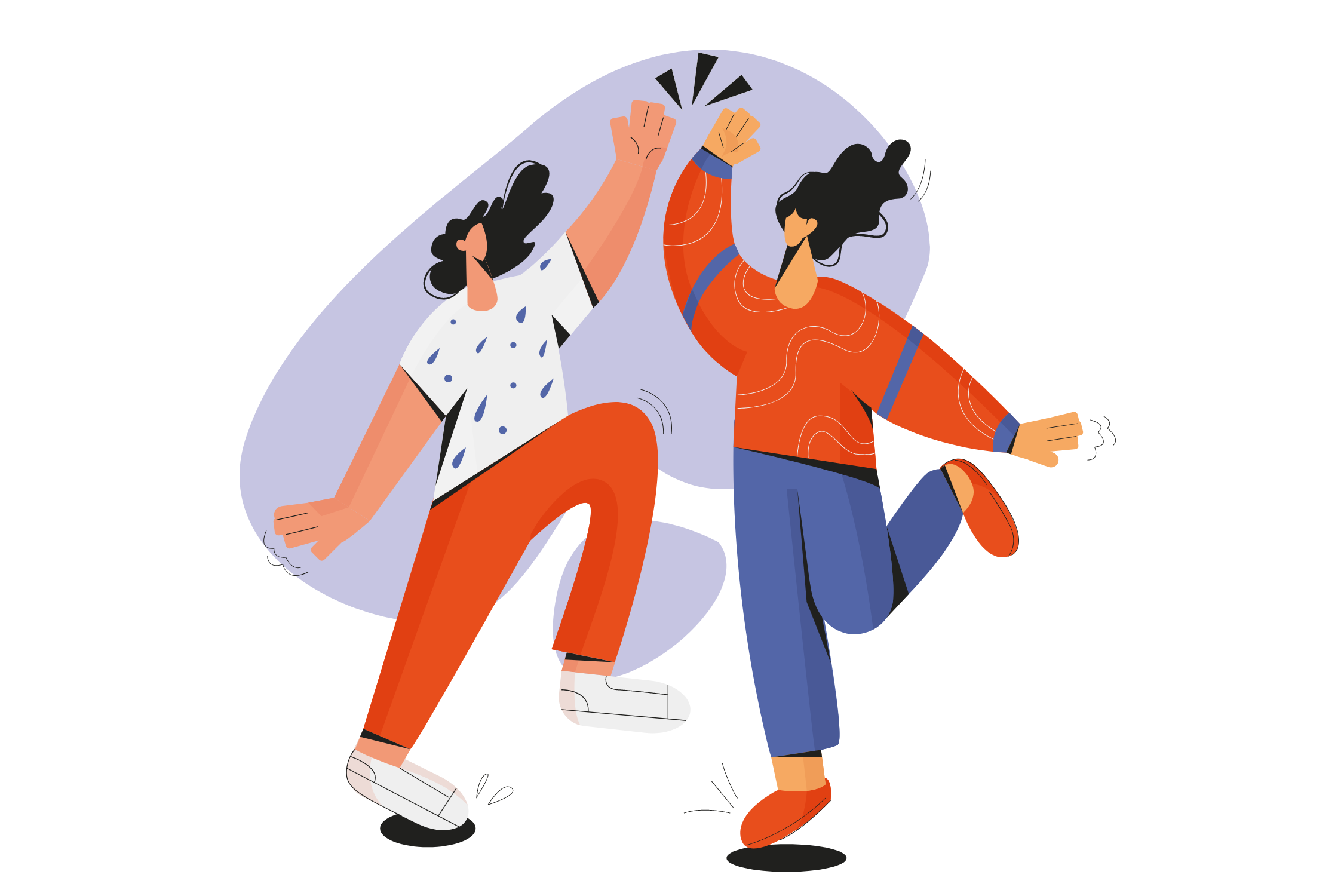
Tell us your
opinion about us